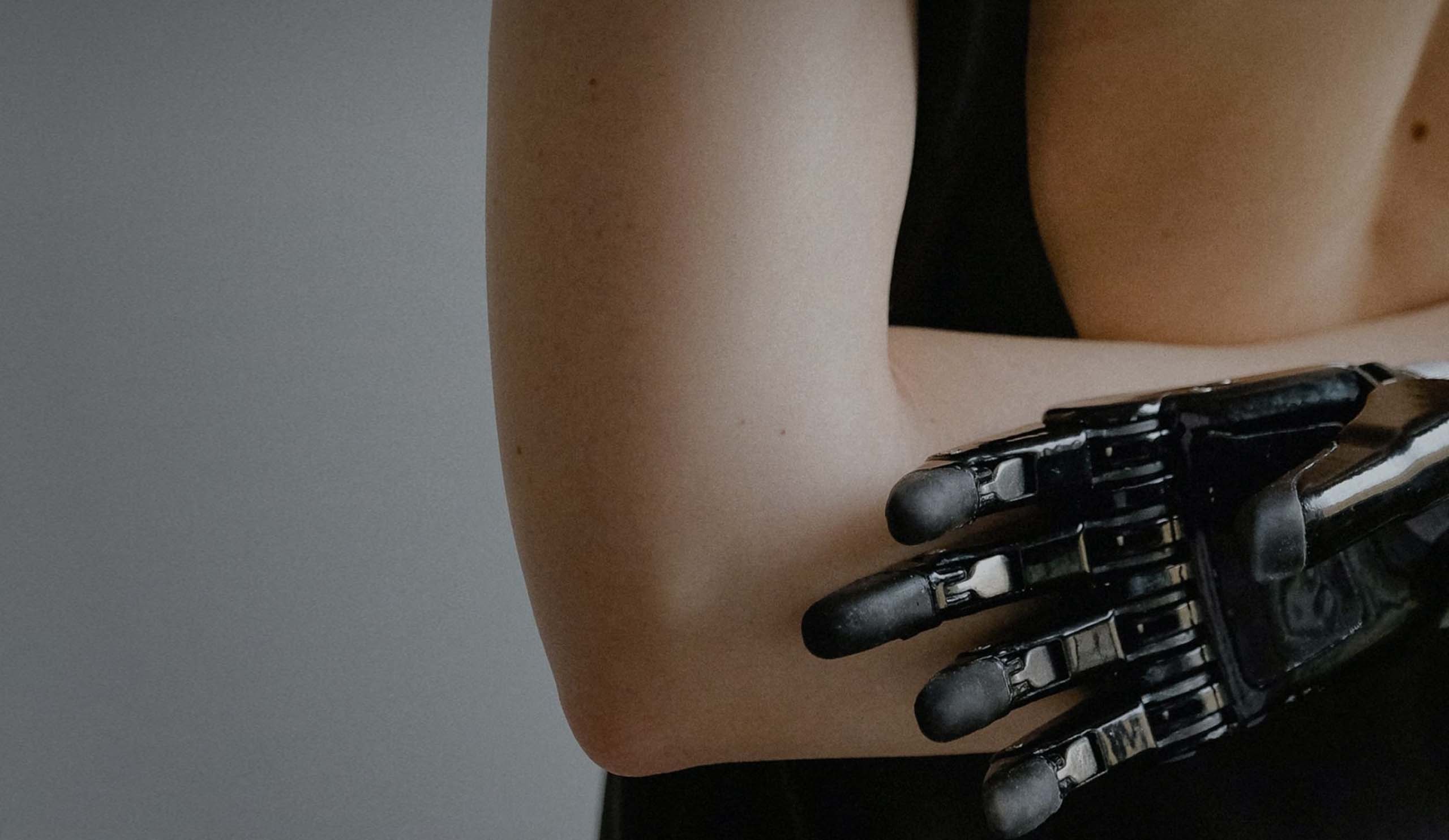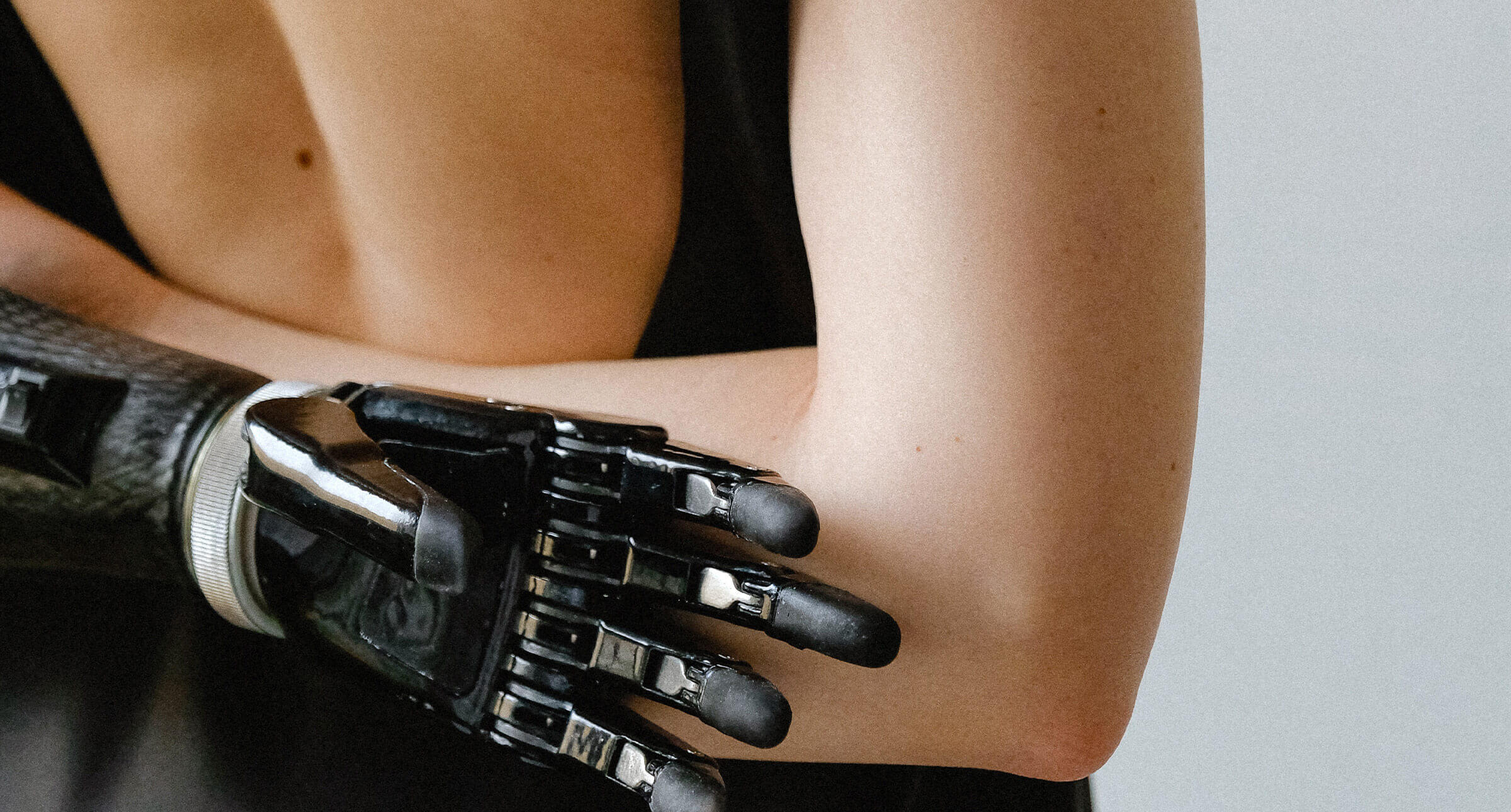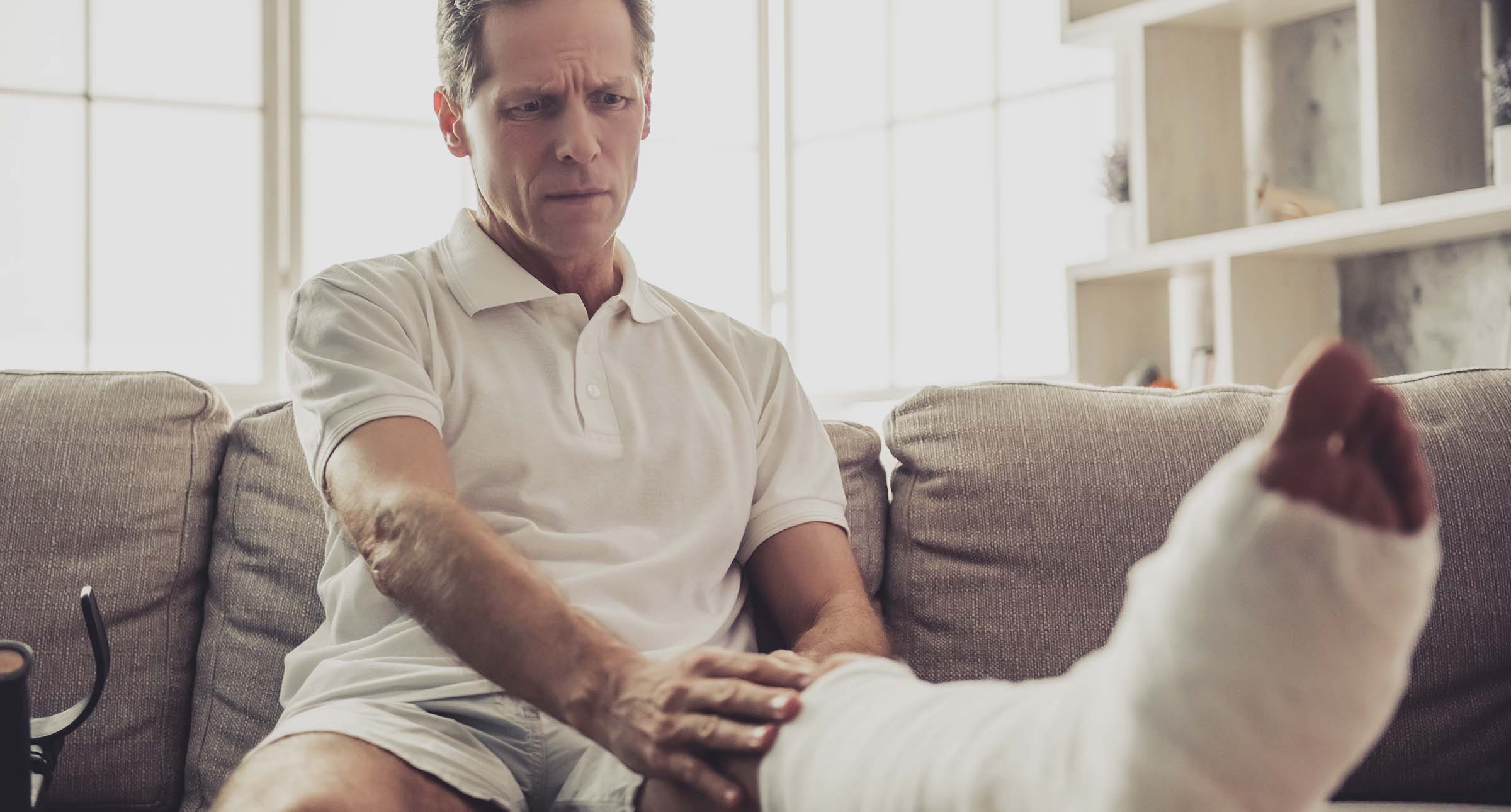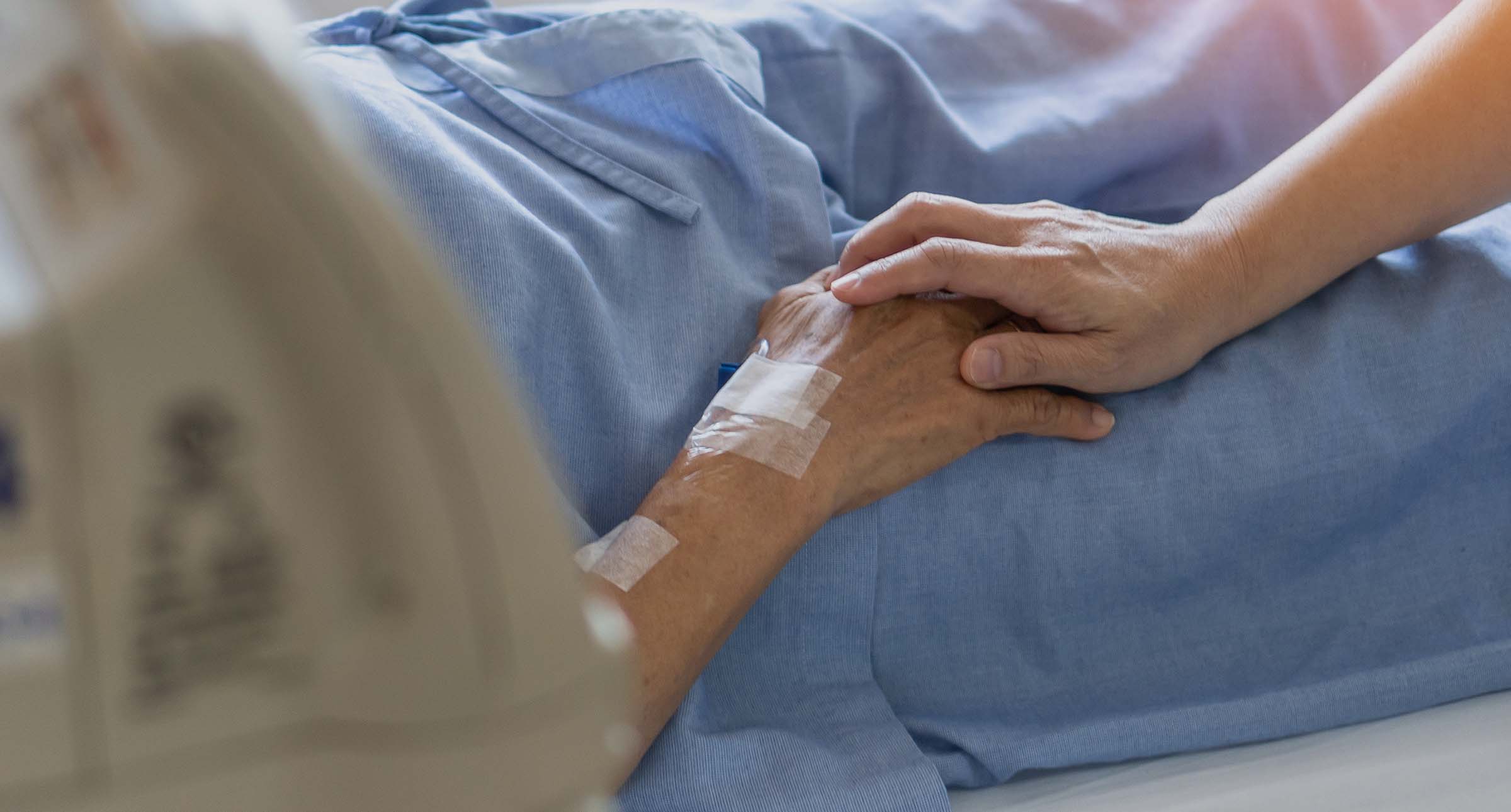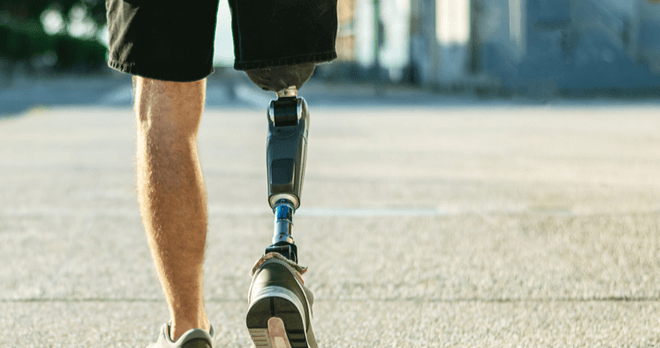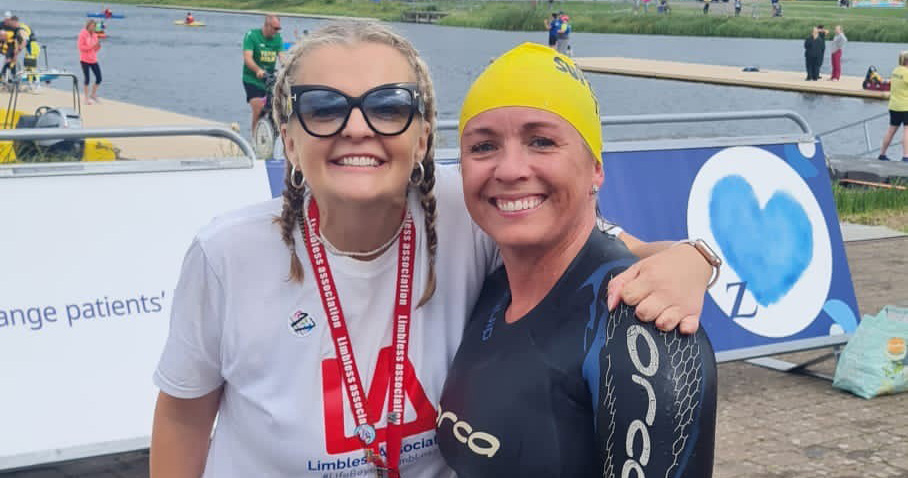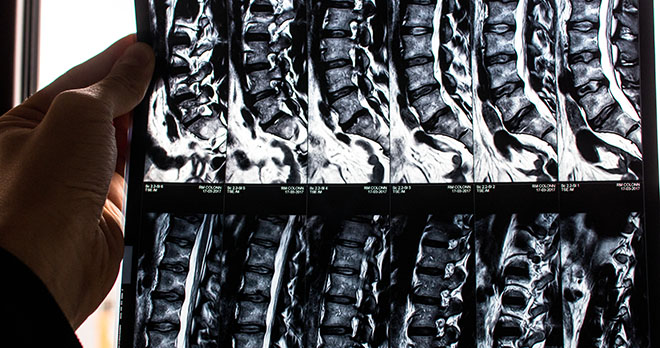How our solicitors supported a client on his journey following orthopaedic injury.
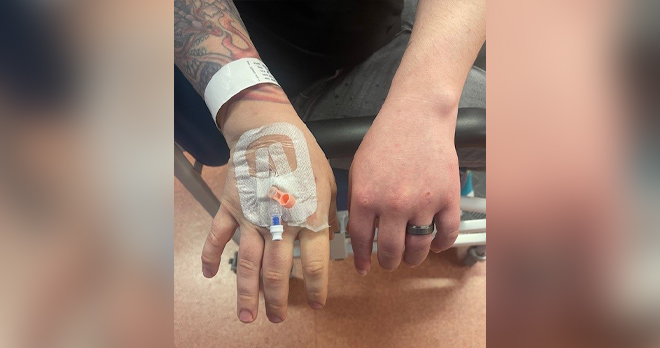
Dan was working as an agricultural seed cleaner and workshop engineer, undertaking seed cleaning for customer farmers across the country. Unfortunately his employers did not have a safe system of work and had not properly maintained the equipment Dan had to use. In an incident which he found profoundly shocking, Dan sustained severe injury to his index finger whilst working with one of the poorly-maintained machines.
The impact of Dan’s injuries.
Dan’s finger was, quite literally, shattered. He was rushed to the John Radcliffe Hospital where he was found to have sustained an open comminuted intra-articular fracture of his index finger, resulting in a near-total amputation of the end of the finger. In a long operation, the plastic surgery team succeeded in inserting a K-wire to help repair the fracture and re-attached the amputated part but, in practise, the finger no longer worked.
Worse still, despite medication, the pain was unrelenting. The fracture had healed but to his alarm, pain spread to the rest of his hand and his arm and not long after, he was told he had Complex Regional Pain Syndrome (CRPS). The fact that this was spotted early on meant that Dan could start to access pain management treatment within the NHS. He began with steroid injections and specialist physiotherapy. Finding little or no let-up in the pain, he weighed up the option of elective amputation, but deciding he should exhaust all other avenues, he progressed to neuromodulation surgery (first, the insertion of a Dorsal Root Ganglion Stimulator and then a Spinal Cord Stimulator) which brought its own, additional, complications.
The trauma of the accident, combined with the loss of his job, the stress of undergoing multiple treatments, and loss of some of his independence, gave rise to a significant psychological reaction and Dan was found to have Post Traumatic Stress Disorder and depressive symptoms for which he also needed treatment. He was very appreciative of the support he received from the NHS CBT therapist he was paired with at Oxfordshire talking therapies, as well as the support from his family.
Bringing a claim for orthopaedic injury.
Dan instructed Louise Huckstep from our Injury team to represent him in his personal injury claim against his employers. Louise liaised with their insurers and although liability was still disputed, they agreed to the joint instruction of a case manager to explore Dan’s rehabilitation needs.
Louise fought for the instruction of a case manager with the experience and specialism necessary to be able to address Dan’s particular needs.
Catherine M, and subsequently Jennifer P, both occupational therapists of Independence Works, were appointed under the Rehabilitation Code. They were able to establish a good rapport with Dan and remained in place throughout to provide support to Dan.
Approaching case management.
Catherine recalls:
“Our work with this client focused primarily on supporting him to navigate and access NHS and other statutory services. This was for many reasons, including the client’s preference to work with NHS practitioners with whom he had built a trusting therapeutic relationship, and to ensure the client’s more complex needs were being met in the specialised services more readily available in his treating NHS trust.
It was important to us to know when to step back to allow the client to take ownership of his healthcare and rehabilitation journey, and when to intervene to fill gaps in provision, where appropriate arranging privately funded treatment.”
For example, at appropriate times, funding was obtained from the defendant for a private psychologist to help Dan prepare for the next stage of pain management treatment and for a musculoskeletal physiotherapist to address pain in the side of his body not injured in the accident, due to overuse.
Catherine comments further:
“We provided a listening ear and support to navigate the complexities of multiple appointments, different services and methods of communication which could often be overwhelming. It is important to recognise that the positive outcomes for this gentleman were in the main driven by his tenacity and determination to overcome the challenges he experienced. We are pleased that our input enhanced this and that he found the support we provided helpful.
Throughout the claim, liability remained the subject of some dispute. Catherine comments:
“Delivering rehabilitation under joint instruction in this case meant decisions around funding could be made collaboratively, knowing that costs, where agreed, would sit under the Rehabilitation Code and outside the claim. I find that clients are often reassured by this, and therefore more open to accepting privately funded input. In this particular case, the Defendant insurer pre-authorised the initial rehabilitation expenditure meaning we could put private referrals in place and purchase small items where needed, without having to wait for funding approval.”
Dan’s loss of employment.
Dan was distressed at the loss of the job he had enjoyed before the accident, the resulting financial insecurity and his inability to provide for his family, a role he had taken pride in.
Dan’s ongoing symptoms had limited his options for finding employment but he was determined to get back to work of some kind and to keep on working as much as possible, despite the twists and turns in his treatment process.
With support from Catherine and Jennifer he was able to navigate a return to work. Their help also extended to the practicalities of applying for benefits when appropriate.
Dan’s hobbies.
One of Dan’s joys in life before the accident had been looking after his beloved car. When it became clear to him that it was now too difficult to drive a manual and that he would have to give it up and get an automatic instead, it was a real wrench. Carrying on driving remained an important goal however and case manager support included helping to apply for a Blue Badge.
Reflecting on his experience, Dan commented:
“Having understanding people to work alongside you is vital. I would want to say, to support anyone in my situation, that despite the circumstances, having the right support and team around you helps you believe there’s a light at the end of the tunnel.”
Our expert injury solicitors have helped to secure access specialist rehabilitation and other support for many clients. If you are considering a claim for compensation, contact us today to find out how we can help.
Call now
